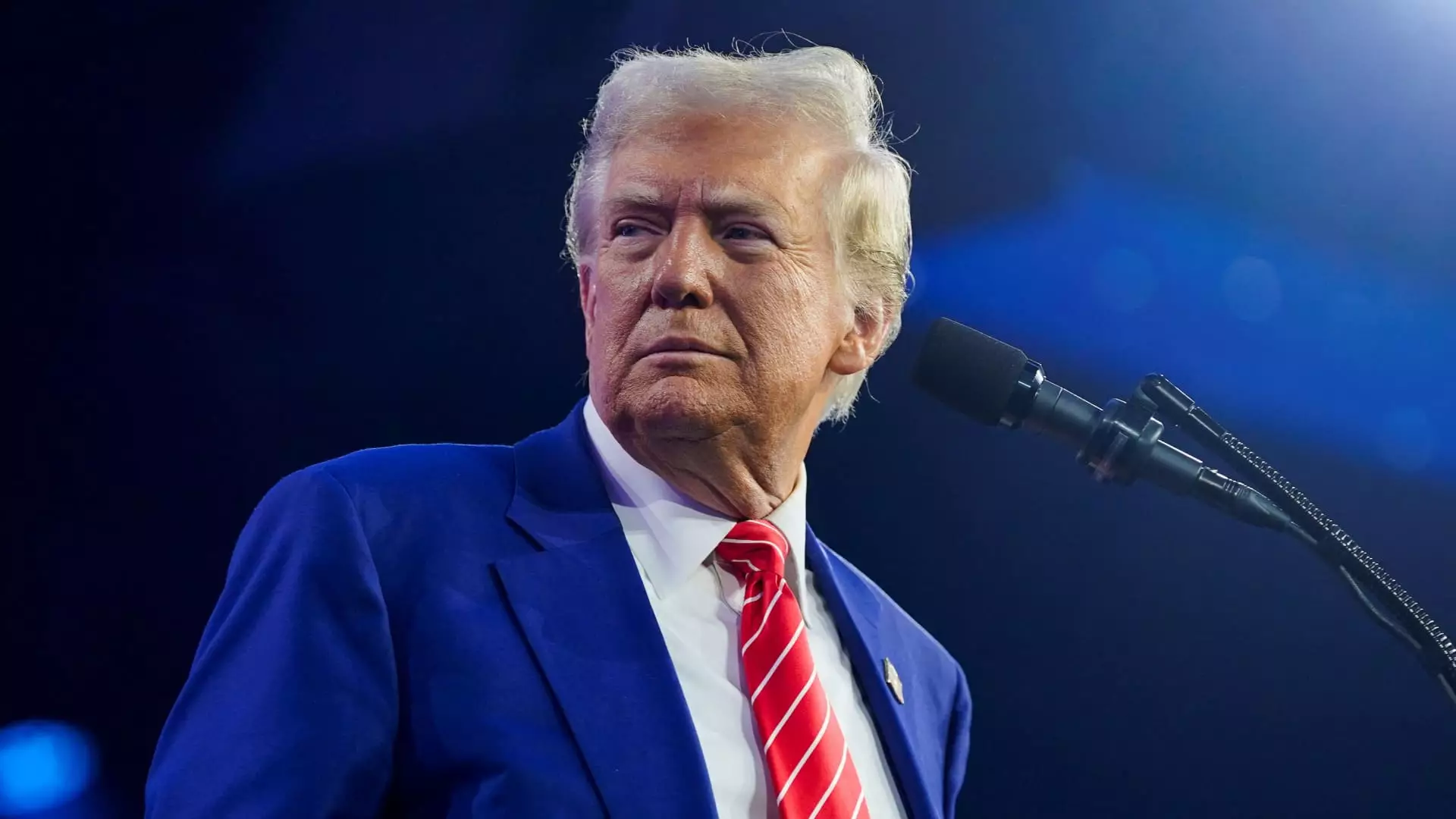The emergence of technology giants in politics is not a new phenomenon, but the recent appointments made by President-elect Donald Trump signal a definitive shift in the dynamics of American governance. In his second administration, Trump is deliberately aligning himself with prominent figures from the tech sector, marking an explicit recognition of the power and influence wielded by Silicon Valley. The selection of these industry leaders for key governmental positions is a bold move that highlights not only Trump’s reliance on technological expertise but also his intention to reshape the government’s relationship with the tech industry.
One of the most notable appointments is Scott Kupor, managing partner at Andreessen Horowitz, who has been nominated for the director of the Office of Personnel Management (OPM). This role, which is essential for managing recruitment and workforce resources, presents an opportunity for Kupor to introduce a tech-driven approach to government operations. His endorsement of collaboration with notable figures like Elon Musk and Vivek Ramaswamy within the newly formed Department of Government Efficiency (DOGE) suggests that Trump aims to pivot federal operations toward efficiency and innovation.
Equally noteworthy is the appointment of Sriram Krishnan as senior policy advisor for artificial intelligence at the White House Office of Science and Technology Policy. With a robust background in prominent tech companies and a close association with Musk, Krishnan is positioned to become a key player in shaping AI policy at the federal level. The implications of having someone with such extensive industry ties in a role that will influence federal regulations around AI are significant, as it may birth policies that align closely with the interests of tech giants, potentially at the expense of public oversight.
Elon Musk’s involvement in Trump’s advisory circle cannot be understated. As a billionaire entrepreneur with a vast business portfolio spanning electric vehicles to space exploration, Musk has the potential to radically influence policy decisions. His advisory role during Trump’s first campaign and his current status as a close confidant illustrate a relationship that could see Musk’s vision for America directly translated into governmental policies. This symbiosis between a sitting president and a tech titan raises questions about the boundaries between corporate interests and public policy, particularly in sectors like transportation, communication, and even ethics in AI.
In addition to Krishnan, Trump’s selection of figures like David Sacks, known for his associations with both Trump and Musk, illustrates a concerted effort to create a unified tech front within the government. Sacks’ roles as “czar” of crypto and AI suggest a prioritization of these emerging sectors, which are of significant interest to the tech community. The blend of political influence with Silicon Valley’s clout may lead to a rapid evolution in regulatory frameworks that can only be benefitting these industries’ push for growth.
The enthusiasm from tech executives toward Trump’s selections indicates a stark contrast to the previously tenuous relationship between Silicon Valley and the Trump administration. Key players, including company executives like Aaron Levie of Box and former Meta executive David Marcus, have publicly lauded the appointments, signaling a newfound alignment between major tech firms and federal governance. This level of engagement suggests that companies might see a more favorable regulatory environment ahead, translating into policy that incentivizes tech innovation and investment.
However, this cozy relationship has not come without criticism. The concerns raised by Democrats, foreign governments, and rival business leaders highlight a skepticism regarding the potential for conflicts of interest and the prioritization of corporate over humanitarian agenda in federal policymaking. The agenda fostered by Musk’s influence, for instance, could pose significant risks if allowed to shape policies without robust checks and balances.
As Trump’s second administration takes shape with substantial input from Silicon Valley, we are likely witnessing the birth of a new governance paradigm. The integration of tech heavyweights into the government could signal transformative changes in how policies are crafted and implemented, particularly around cutting-edge technologies like AI and blockchain. However, as history has shown, the intersection of business and politics often invites scrutiny and concern. The long-term effects of these appointments will likely depend on how technology aligns with the broader public interest, and whether this administration can maintain a balance that safeguards democratic values while harnessing the innovations of the tech world.


Leave a Reply